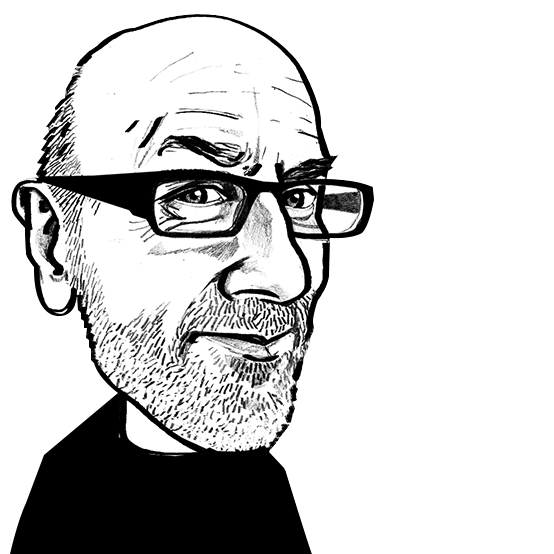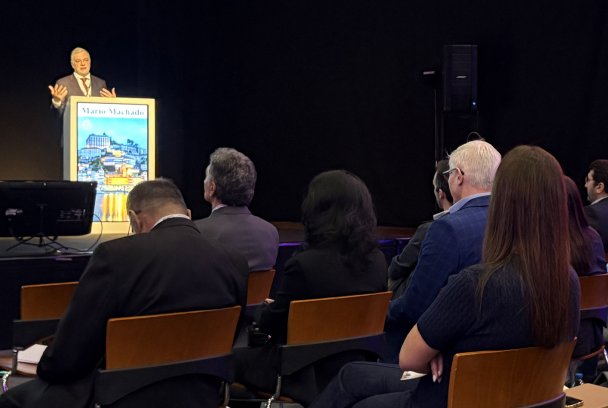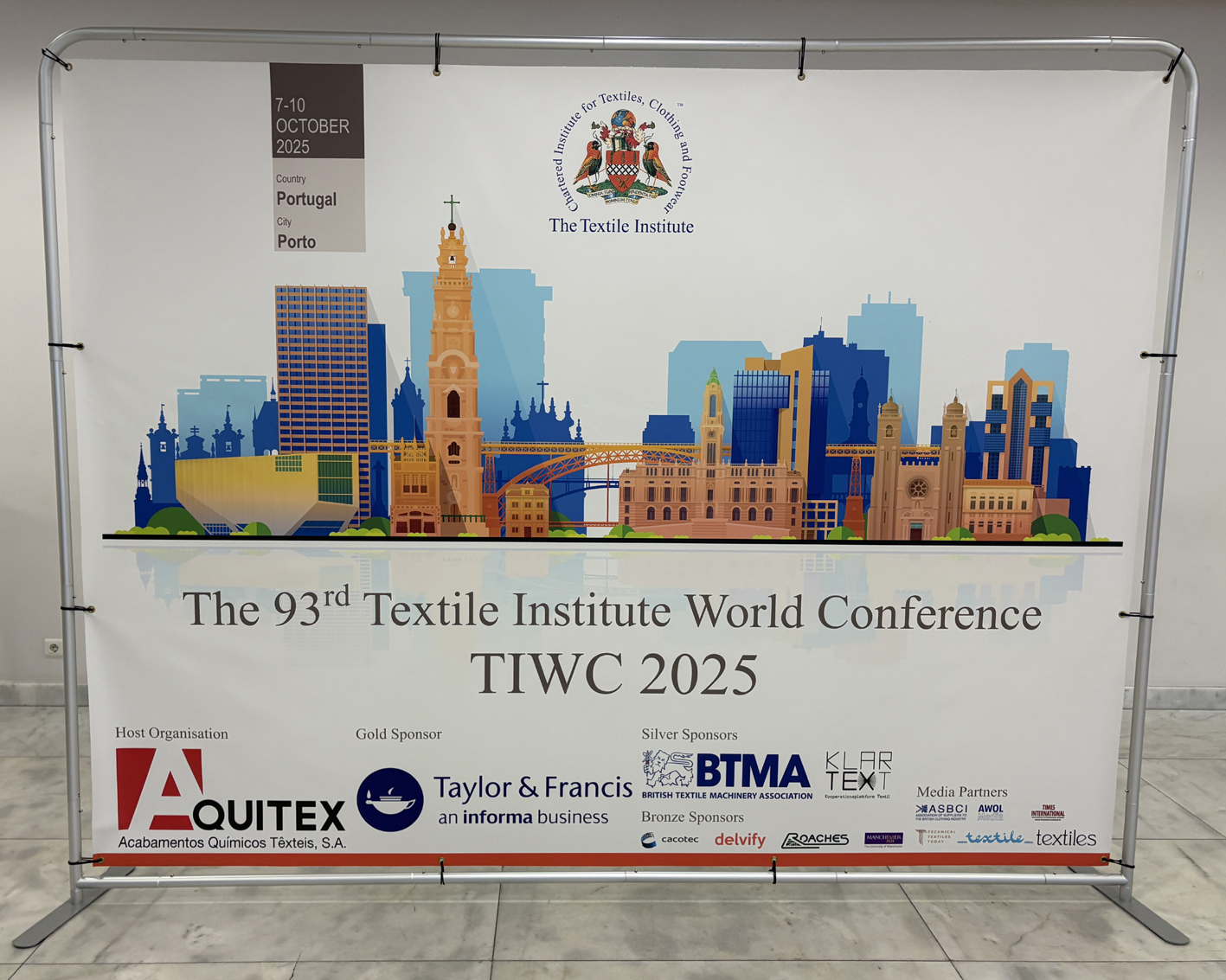
Destination Porto for TWIC 2025
Opinion


Regulation without competitiveness is not a strategy and suicidal, conference told.

13th October 2025
Adrian Wilson
|
Poto, Portugal
Can the European Union afford to be the cleanest continent in a dirty world, and can it remain the moral leader of sustainable action if all of its factories disappear?
These were two in a series of rhetorical questions put to delegates at the 63rd Textile Institute conference by Mario Jorge Machado, current president of Euratex, the European textiles federation.
Euratex represents a sector which now has an annual turnover of €170 billion, with around 200,000 companies largely comprising SMEs employing a combined 1.3 million people.
This year’s TI conference took place in Porto, Portugal, from October 7-10, during a year in which the institute is celebrating the 100th anniversary of its granting of a Royal Charter by King George V in 1925. This transformed it from a professional association into a globally recognised chartered body. In Porto, however, while Europe’s textile legacy was widely acknowledged, the emphasis was very much on the immediate future, and the issues the textile industry currently faces.
Opportunities
TI president Charles Wood is managing director of Baltex a specialist in warp knitted technical textiles and spacer fabrics with a long legacy, having its origins in the establishment of W.Ball & Son as the world’s oldest warp knitting company in 1831.
The success of the UK company was initially propelled by the latest technology of that time, and in his opening address, Wood drew parallels between the first industrial revolution and today’s rising opportunities as a result of AI and automation, in addition to the establishment of circular manufacturing chains now shaping the future of the industry.
“This is an exciting time, especially with the major opportunities now being opened up for technical textiles which will be a $290 billion business by 2030,” he said. “There are huge opportunities in rising industries such as energy and data storage, future mobility and advanced infrastructure and by ITMA Hanover in 2027, AI will be fully embedded into textile technologies and processes, calling for new skills, new thinking and a new passion.”

Crossroads
For Machado, however, who is the director of Adalberto Textile Solutions, a major Portuguese manufacturer of finished fabrics for apparel and home textiles, Europe’s industry is now at a crossroads.
“The European industry has a huge heritage but lower growth rates than its competitors and this is something we have to reverse,” he said. “Policy makers have to realise that the textile industry cannot be a bargaining chip in global negotiations. We see what both the United States and China are doing to support their industries and Europe has fallen behind in providing similar support. My mandate at Euratex is to push for an effective and smart industrial strategy.
“Euratex members achieved exports of €64 million in 2024 which is not insubstantial, but in the first six months of 2025 exports from China and Bangladesh into the EU climbed by more than 20% and prices have gone down significantly as a consequence.
“It’s a war, and not only about tariffs. Our market is being flooded and ultra cheap imports are currently being ignored. The de minmis rule on low-cost packages is an incentive to importers and our CO2 emissions are skyrocketing as a result. This is what Euratex is trying to fight.
Environmental standards
European manufacturers, he added, are held to the highest environmental standards yet have to compete against imports with no such restrictions.
“It’s debatable whether we are even making sustainable gains,” Machado said. “The use of recycled polyester actually fell from 13% in 2024 to 12% last year and at Euratex we are now asking the EU how much recycled content brands should be obliged to incorporate into their products and how quickly this should happen. Regulation without competitiveness is not a strategy – it’s suicide. Europe needs strategic autonomy and to achieve that we need a strong textile industry.”
Diversity
Just a handful of the presentations on the first day of the three-day conference – which featured over 100 held in parallel sessions – illustrated the sheer diversity of current textile industry concerns.
In addition to textile experts, academics and specialists in both AI and sustainability, speakers included both a forensic scientist and a hand surgeon, as well as an introduction to the unique lifestyle of nomadic Mongolian farmers from the Sustainable Fibre Alliance. Further news from the conference will follow.

Business intelligence for the fibre, textiles and apparel industries: technologies, innovations, markets, investments, trade policy, sourcing, strategy...
Find out more